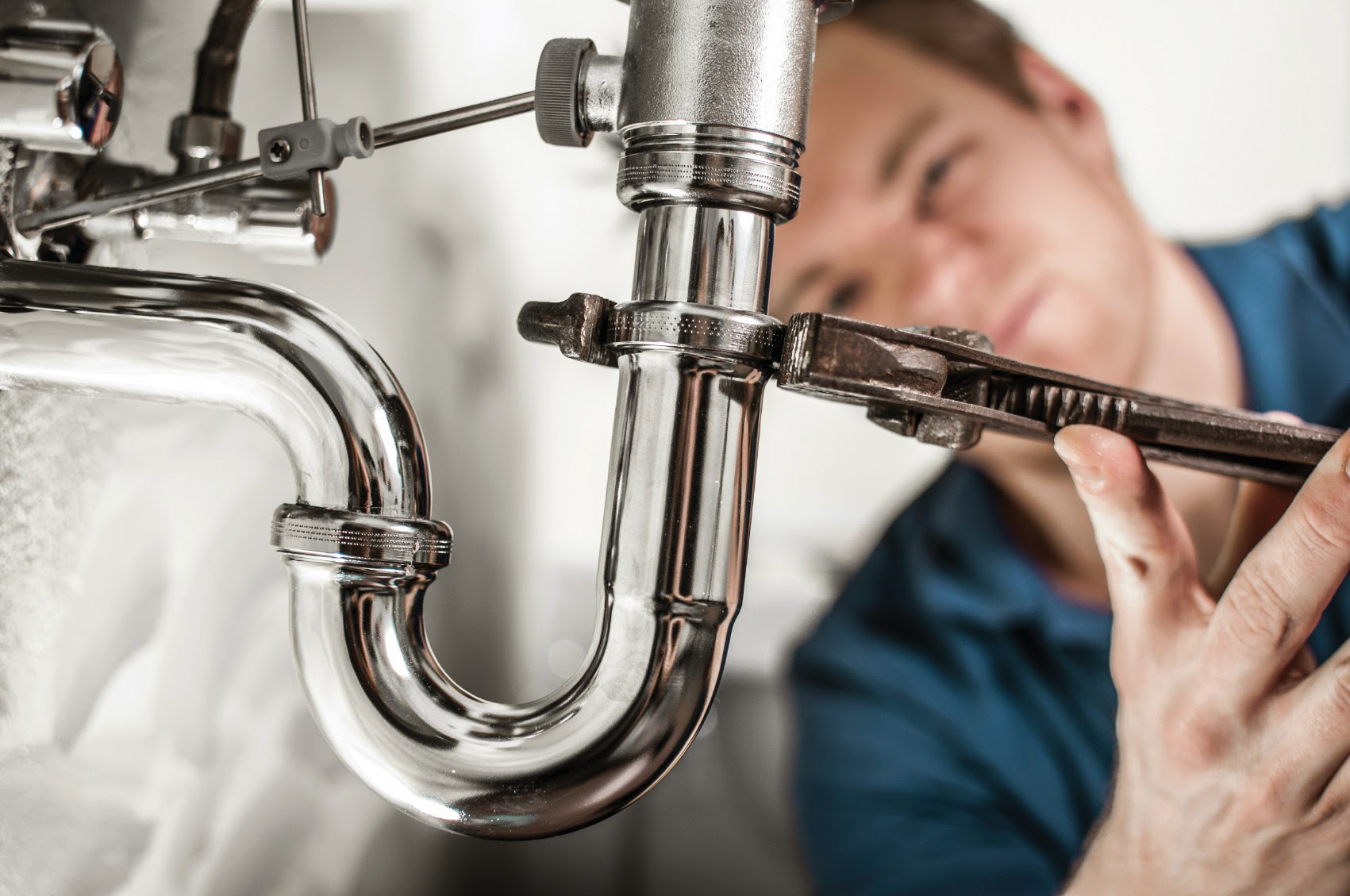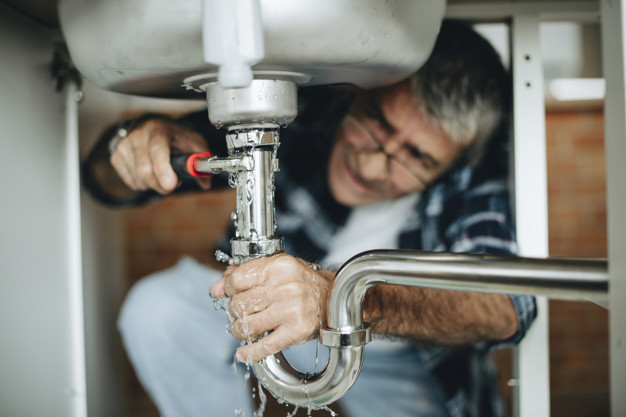The Top 5 Endless Water Leak Sources
The Top 5 Endless Water Leak Sources
Blog Article
What're your thoughts about How to Find and Prevent Water Leaks in Your Home?

"Beware of little expenditures. A little leak will sink a terrific ship." - Benjamin Franklin.
He couldn't have been extra right because water leaks in our residences lead to a waste of resources, increasing our water costs. This increase could seem minimal at initially, it can lead to significant expenses that can break your financial institution. In addition to a rise in costs, water leakages likewise cause undesirable organic growth, structural damage, as well as even electrical risks.
Determining if you have a water leakage isn't constantly easy as a result of being unable to see most of the pipework in your house. However, If you have had an increase in your water costs recently, observed water spots on ceilings as well as wall surfaces, smelt lousy smell, etc. You may intend to think about asking for plumbing solutions to get it looked into.
There are a number of causes of water leakages, and we have actually put together the common factors below. Inspect to see if you have had related problems in your home just recently.
Obstructed drains pipes
Food particles, dirt, and also grease can create blocked drains pipes and block the flow of water in and out of your sink. Enhanced pressure within the rain gutters can finish and also create an overflow up fracturing or rupturing pipelines if undealt with. To prevent blocked drains in your home, we encourage you to avoid putting particles away and routine cleansing of sinks.
High water stress
You observed your residence water pressure is greater than usual however then, why should you care? It runs out your control.
It would be best if you cared because your average water stress must be 60 Psi (per square inch) and although your residence's plumbing system is made to stand up to 80 Psi. An increase in water stress can put a pressure on your house pipelines and cause fractures, or even worse, burst pipes. Obtain in touch with a professional regarding controling it if you ever before notice that your home water pressure is higher than typical.
Corrosion
As your pipework gets older, it gets weaker as well as a lot more prone to corrosion after the regular passage of water with them, which can gnaw at pipes and also create fractures. A noticeable indicator of rust in your home plumbing system is staining as well as although this might be difficult to identify due to most pipelines hidden away. Once they are old to guarantee a sound plumbing system, we suggest doing a frequent check-up every few years and alter pipelines
Weakened pipeline joints
Pipe joints are the parts of our plumbing system where the pipes connect. It is necessary to note that even though pipes are developed to stand up to stress as well as last for a while, they weren't designed to last for life; as a result, they would deteriorate over time. A typical sign of harmed pipe joints is extreme sound from taps.
Damaged seals
An additional source of water leakages in houses is broken seals of home devices that make use of water, e.g., a dishwashing machine. When such devices are installed, seals are set up around water ports for very easy flow of water through the equipment. Hence, a damaged seal can trigger leak of water when in operation.
With little or no understanding of plumbing, comprehending your house's plumbing system sufficient to take care of a few of these problems (without repercussion) can be an inconvenience. Get in touch with plumbing experts in Pittsburgh, Divine Superintendence, Rochester, and also environ today, as well as they'll make those problems disappear.
He could not have actually been a lot more appropriate since water leakages in our homes result in a waste of resources, increasing our water costs. If you have had a boost in your water expenses lately, noticed water stains on ceilings and also walls, smelt poor odor, and so on. A rise in water stress can put a pressure on your home pipelines and also lead to cracks, or worse, ruptured pipes. One more reason of water leaks in houses is damaged seals of home appliances that use water, e.g., a dish washer. When such appliances are installed, seals are set up around water adapters for easy passage of water through the device.
5 TIPS IN DETECTING A WATER LEAK IN YOUR HOUSE
Water leaks can be hard to find in your home, yet they can be so common. We rely on water every day in our home, which is why a leak can cause big problems. By detecting them early, you can save money and further damage, getting the problem fixed as soon as possible. Here are 5 tips to help you detect a water leak in your home, so you can contact a plumber straight away and get the issue sorted.
Check your water meter
Many people underestimate the value of the water meter in their home. It can be one of the best ways to tell if you have a leak early on, so you can get on top of it before issues start arising. Start by turning off all the water in your home: taps, washing machine, dishwasher, etc. Now take a look at the meter – if it’s still changing with everything turned off, it’s likely you have a fast-flowing leak that you need to get on top of straight away. If nothing changes, then leave your meter for an hour or two and come back to it. Did it change in this time? It’s likely you have a slower leak, which isn’t as urgent but still handy to get fixed so it doesn’t become a bigger problem.
Keep an eye on your bill
Another good way to detect a leak in your home is by keeping an eye on your water bill. It helps if you have a past bill from the same period of time. You can compare like for like and determine whether your water usage has increased significantly. If it has, there may be a leak in your system that you haven’t picked up before. A professional plumber can check through all of your pipes and determine where it is coming from.
Look for damage
If you have a leak inside your home, you will notice damage over time. Take a look at your showers and bathtubs and note whether any of the tiles surrounding the area seem to be discoloured or damaged in any way. There may be water stains, mould or peeling material that has resulted from a build up of moisture over time. Make sure you take a look under sinks at the back of cupboards that don’t get accessed regularly. This is where damage can go unnoticed and build up over periods of time.

As a fervent person who reads about Common Causes of Water Leaks in the Home, I assumed sharing that segment was really helpful. Are you aware of someone else who is fascinated by the topic? Take a moment to share it. I recognize the value of reading our article about Common Causes of Water Leaks in the Home.
Expertise on line! Report this page